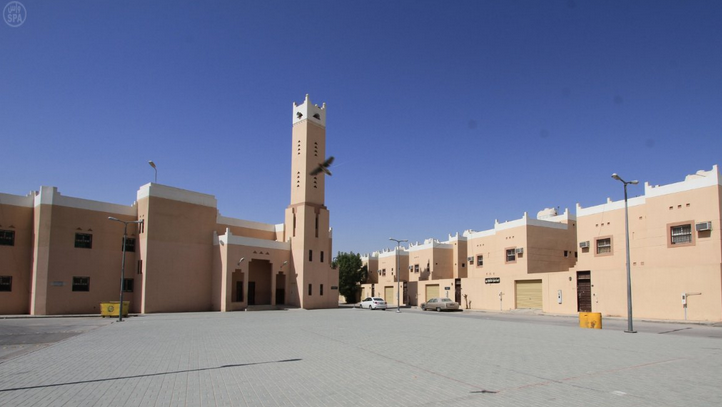In a big step for providing affordable housing to Saudi citizens, the Government has decided to impose a tax on the owners of vacant plots of land within city borders. The tax will incentivize development on these idle plots of real estate, either by the landowner or by encouraging the sale of the plots to those that will develop.
“The Cabinet instructed the Council of Economic Affairs and Development to prepare organizational arrangements and mechanism for imposing tax on vacant plots of land within the urban boundaries of cities and provinces,” the Saudi Press Agency said.
Some estimate that the total effect of the tax could nearly halve the price of housing for most Saudis.
The decision, now in the hands of King Salman’s son and chair of the Council of Economic Affairs and Development Prince Mohammed bin Salman, weighed the interests of the Saudi general population against the affluent. The tax is politically sensitive “because it may hurt the interests of influential people” in Saudi Arabia – the landowners that inherited swaths of land from previous generations or even from Saudi royalty. “But a lack of affordable housing has become a major social problem in the kingdom, and the tax could make more land available for home building,” as Arabian Business put it.
But as an expert told Al Arabiya that it isn’t just the low- and middle-income people that need reasonably priced housing in close proximity to city life. “The well to do citizen, upper middle class, are unable to buy land in areas with services and in close proximity to offices and schools because of the high prices,” said Mutlaq Al Baqmi, who is editor in chief of the Maaal business newspaper.
Almost half of Saudi Arabia’s population is under 24. As the Kingdom’s population grows, and ages, these citizens will need affordable housing, and a solution to the crisis is urgently needed there.
Details of the size, implementation, and timetable that the tax would take effect are to be worked out by the Council of Economic Affairs and Development, then sent to the Shoura Council.










